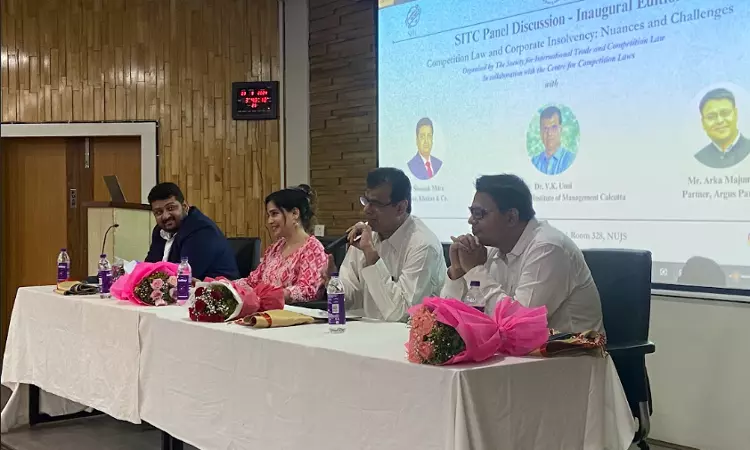NUJS Kolkata has hosted the inaugural edition of a panel discussion on competition law and corporate insolvency: nuances and challenges.The Insolvency and Bankruptcy Code (IBC) of 2016 and the framework of Competition Law shape different aspects of the business environment. In a rapidly growing economy like India's, it is crucial for young professionals to understand how businesses operate...

